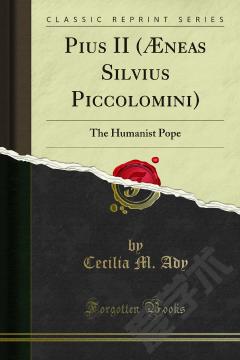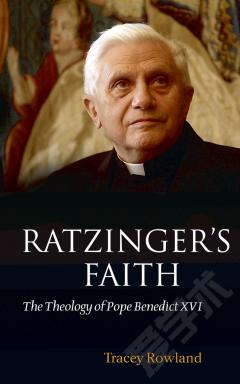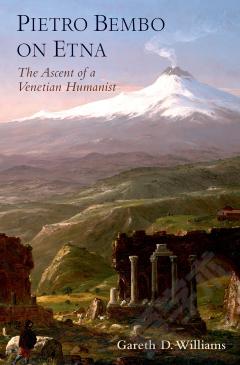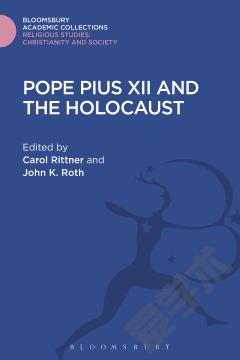Pius II —— Æneas Silvius Piccolomini; The Humanist Pope
-----
Thus the story of [eneas Silvius affords unique insight into the phase of thought which we call humanism. It provides at once a clue to its meaning and an opportunity of estimating its value in the history of civilisation. From the day when the eager lad of eighteen left his home among the hills of Southern Tuscany to become a student at the University of Siena the gleaming banner of humanism was ever before his eyes. A ready pen and a persuasive tongue formed his chief equipment for the battle of life, and his rise by these means to the Papal throne is one of the most conspicuous triumphs of the new learning. The six years of his pontificate give us a practical example of the applica tion of Renaissance ideals to politics. In Pius 11's wise government of the States of the Church, and in his handling of the ecclesiastical problems of the day, we see the strength of humanism. His death at Ancona, on the eve of his departure for the East, and the shattering of his great crusading schemes show the limitations of humanism, which could not rekindle the vanished enthusiasms of Europe.
{{comment.content}}








 京公网安备 11010802027623号
京公网安备 11010802027623号